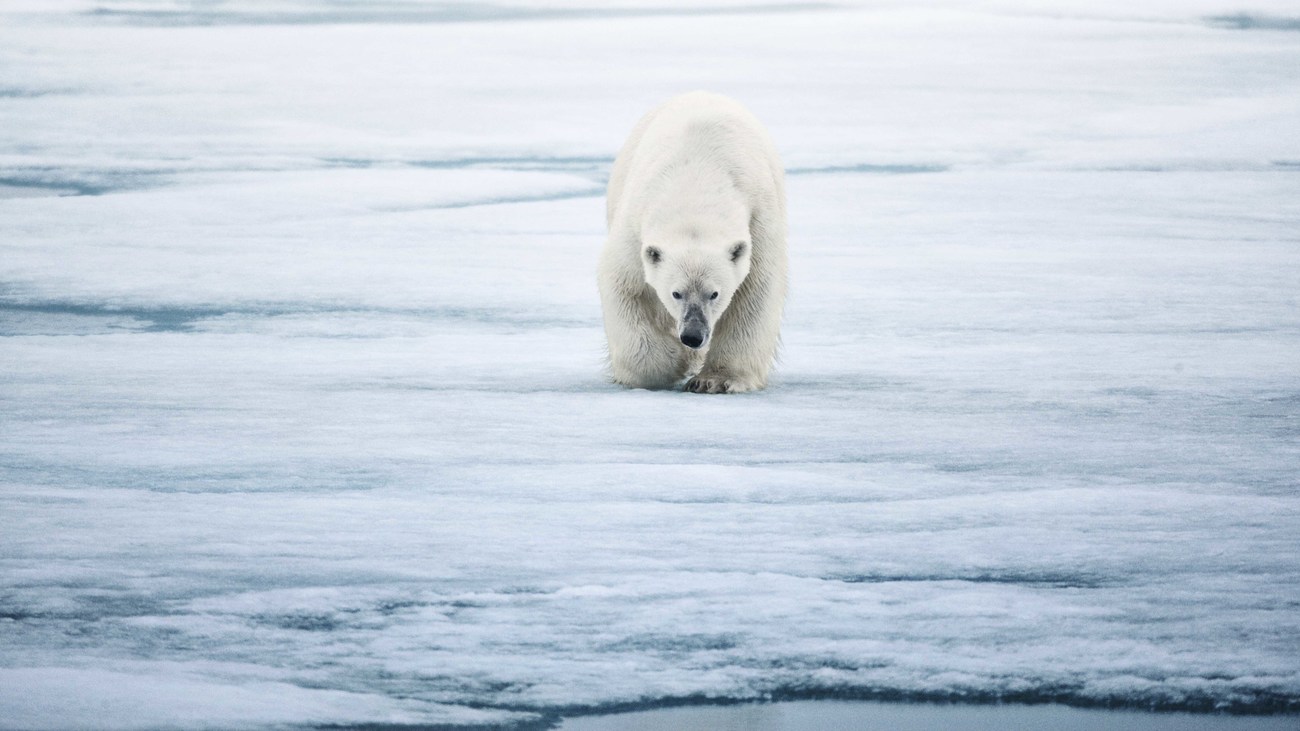a conservation review of President Biden’s first 100 days in office
a conservation review of President Biden’s first 100 days in office

Following the inauguration of Joe Biden as the nation’s 46th President, headlines buzzed with news of actions he was taking as the newly minted Executive in Chief. In just a few days, he made good on several of his campaign promises, including those about climate and public health. Among the reforms made in quick succession were re-joining the Paris Climate Accord and the World Health Organization, and revoking permits for the controversial Keystone XL Pipeline.
In the weeks and months since, President Biden has assembled a basic framework for addressing conservation issues. His executive actions have been aimed at unifying and prioritizing domestic climate efforts as well as repositioning the United States as a leader in the international arena. Biden’s administration directed federal agencies to integrate climate policy into their international efforts and scheduled a climate summit with major global leaders to take place later this month. Domestically, the Administration elevated climate change to a national security priority and established a committee responsible for the climate agenda. Biden’s more explicit conservation actions thus far include committing to the 30 by 30 target (conserving 30% of federal land and water by 2030) and halting new leases for oil and gas development on all federal land and water. These first 100 days witnessed yet another milestone with the Administration’s ambitious climate agenda and a resultant pledge to cut greenhouse gas emissions in half by 2030.
Biden’s integration and prioritization of climate, public health, and the economy is also reflected in his funding priorities. In March, the administration unveiled the $2.7 trillion “American Jobs Plan.” The proposal pushes for a simultaneous overhaul and greening of much of America’s crumbling infrastructure and paves the way for an economy invigorated by cleaner energy and technology. The plan ties these efforts into public health, highlighting, among other things, the need to improve air quality and rebuild the nation’s water infrastructure. Biden’s more recent $1.52 trillion budget proposal calls for increased funding to departments that have been seen as historically important for climate change and public health, such as the Department of Energy, the Environmental Protection Agency, and the Department of Health and Human Services, while also directing billions of dollars toward pushing all other governmental agencies to tackle climate change as part of their agendas. Importantly, the budget also highlights the need to invest in environmental justice, and calls for significant increases to agencies with responsibility for wildlife conservation, including the Department of the Interior, and the US Agency for International Development.
For any agenda to successfully address the greatest threats, we face - a global pandemic, the existential threat of climate change, and the equally serious threat of biodiversity loss, it must be 1) holistic, meaning it recognizes and tackles the full complement of issues; and 2) swift, meaning it moves to implementation as quickly as possible.
Missing factor: biodiversity loss must be addressed
While there is much to applaud in the Biden agenda from a conservation standpoint, unfortunately, it so far falls short of publicly recognizing and addressing the unprecedented loss of biodiversity that threatens ecosystems and animals around the globe. We are in the midst of an extinction crisis; the world is losing species at extraordinary rates. Native wildlife is essential to healthy ecosystems, so as species disappear, ecosystems begin to degrade and can even collapse. As humans, we rely on functioning ecosystems for our most basic needs (oxygen, food, and clean water), with our economies also dependent on nature and the assets it provides. Moreover, robust biodiversity is important to protecting against diseases like Zika and West Nile Virus jumping into human populations.
Biodiversity loss, like climate change, poses an existential threat to human life on earth, and while the two issue areas share significant overlap, their root causes are not identical – we can’t address both by focusing on only one or the other. For instance, climate change is a leading driver of biodiversity loss because changing climate causes changes in food availability and habitat suitability, among other things. This loss of biodiversity in plant and animal species can release carbon into the atmosphere, hence propelling a cycle of further climate change. Furthermore, biodiversity is itself the planet's natural mechanism for mitigating the effects of climate change, as healthy habitats store excess carbon and reduce the impacts of natural disasters, including flooding, storms, and pollution.
Equally as important as a strong strategy is its swift implementation. As we have seen over the years, one president’s executive orders and funding allocations can be easily upended by a subsequent administration. Implementation is no easy task; it requires the cooperation of the entire government, expertise across federal agencies and sectors, and sufficient funding. But to achieve any sort of permanency or success, we must move swiftly from proposals and plans to decisive action. At IFAW, we look forward to working with the Administration and members of Congress to make implementation a reality.
Hope for wildlife and our planet
In his first 100 days, President Biden and his administration have outlined a much brighter future for conservation. The President has highlighted the existential nature of the climate emergency and woven it into his agenda, giving it the status on both a domestic and international scale that it requires. As we move into the next 100 days, we call on the Administration to carry on with its current initiatives, while also publicly embracing policies that address the escalating biodiversity crisis, and to continue forging a future that addresses the needs of a shared global community.
-Kate Wall, IFAW Senior Legislative Manager & Adina Nadler, Legislative Intern, US
Related content
Our work can’t get done without you. Please give what you can to help animals thrive.